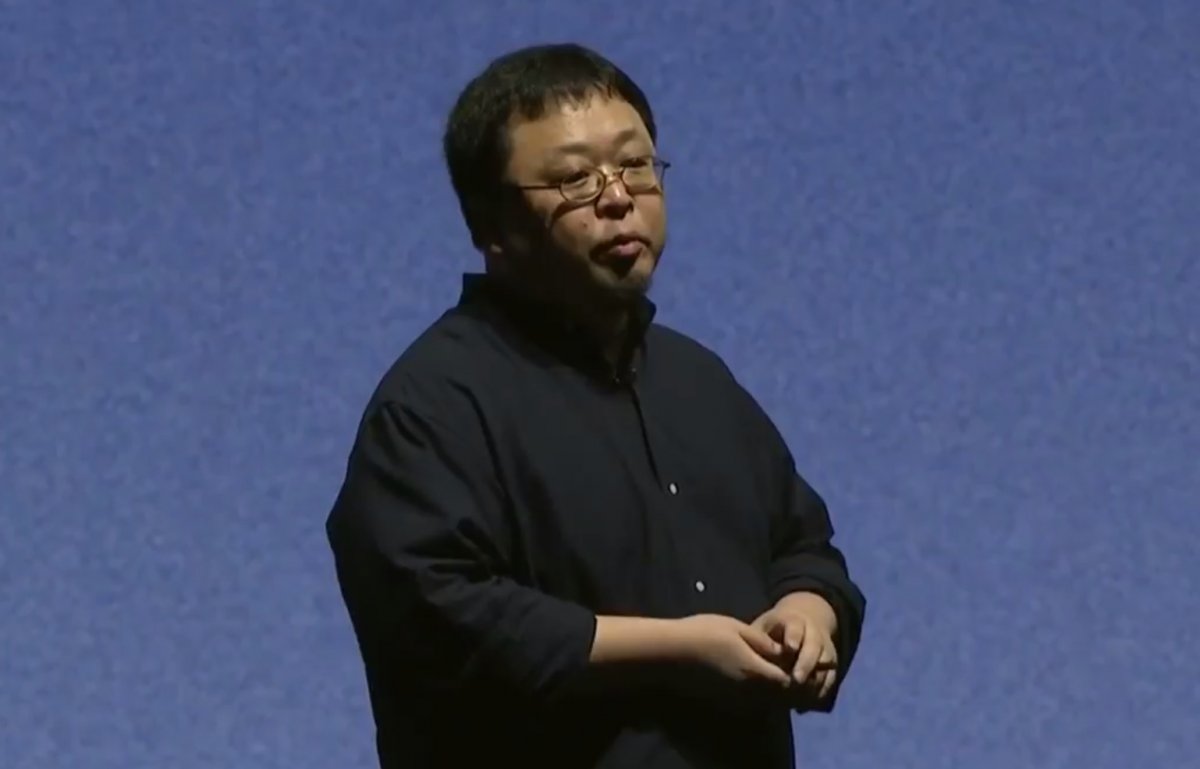Leadership Crisis Engulfs Beijing-Headquartered Operator of Bullet Messenger
Bullet Messenger operator Smartisan Technology has undergone a drastic reshuffle. CEO Luo Yonghao is no longer legal representative while the company has stripped 10 top executives of their directorships, TechNode’s Chinese-language sister site reported recently.
That development is just the latest in a long list of troubles for Beijing-headquartered Smartisan. In the past few months, Smartisan has faced rumors of resignations, office closures, massive layoffs, and unpaid wages.
Founded in 2012, the company designs and sells consumer electronics, including phones and PCs. The company announced its first smartphone, the Smartisan T1, in 2014.
In the latest development, Luo will be replaced by Wen Hongxi, a largely mysterious figure. Past reports suggest that Wen was one of Luo’s former colleagues in the early 2000s when he was an English teacher at private education institute New Oriental.
Zhu Xiaomu, one of the company’s first executives, and CTO Qian Chen were stripped of their directorship. Last week, Chinese media reports suggested that Zhu had left the company. He dismissed the rumor in a Weibo post soon after.
“In situations where companies run out of cash, it is particularly difficult because employees deserve to be paid if they are working, but the company can’t magically create cash out of thin air to pay them,” James Hull, a private investor, told TechNode.
“In these situations, the legal representative tends to take on the responsibility of resolving the disputes with staff and other parties,” he added.
Smartisan was not immediately available for comment.

Roller Coaster Ride
The company made its foray into the messaging app market in August with the release of Bullet Messenger. Smartisan helped launch the app and is a major investor in its developer, Beijing Kuairu Technology.
Bullet Messenger reached 4 million active users in the nine days after its launch, with some seeing it as a potential threat to Tencent’s super app, WeChat. Some analysts described Bullet’s key advantage as being “lighter” than WeChat.
Luo, who is an internet celebrity turned entrepreneur, at one point became the de facto spokesperson for Bullet, proselytizing its impressive achievements on his Weibo account, which has over 16 million followers. With high hopes for Bullet’s success, Luo announced in September that the app was going to spend around RMB 1 billion (around $145 million) on user acquisition over the course of six months.

However, its downloads shrank shortly after its initial boom. In October, the app was removed from the iOS App Store due to a copyright complaint. Although it was reinstated the following day, being taken off the shelf was a blow to the company, which was at one stage more popular than WeChat and Douyin (TikTok).
To make matters worse, the app also faced criticism from authorities for having lax security settings and for failing to curb racy content.
Rumors claiming venture capital firms and Chinese tech companies including Tencent expressed interest in investing flourished—which in a large part was peddled by Luo. However, Tencent later refuted the claims.
While some bought into Luo’s relentless self-promotion, others remained unconvinced. “If [Bullet Messenger] could be like Alibaba’s DingTalk and focus on developing its interface and expanding app features, it could work … But Bullet still relies on SMS (short message service) technology that belongs to the 2G era, with very limited functions…,” one user wrote in a post (in Chinese) on Quora-like platform Zhihu.

Uphill battle
Aside from its new messaging venture, Smartisan’s main business has also been fighting an uphill battle.
In October, multiple reports suggested that Smartisan was dissolving its business operations in Chengdu. Local reporters found that the company laid off around a hundred employees. Smartisan responded by saying the Chengdu office had not been abandoned but had relocated, admitting some workers were laid off in the process. One person familiar with the company’s operations in the city confirmed closure of a Smartisan facility there to TechNode.
Talk of dismissals continued in November when reports suggested the company planned to slash 60 percent of its workforce amid a financial crisis. Luo denied the claim on Weibo and threatened to sue. However, a company representative told Securities Daily that “the company really is in a crunch, but please give Smartisan time.”
In the same month, a subsidiary of Coolpad filed a lawsuit against Smartisan over unpaid orders. The Coolpad subsidiary claimed that Smartisan failed to settle the remaining balance of RMB 4.5 million after it delivered mobile phone parts worth more than RMB 10 million.
On Wednesday, a screenshot of an email allegedly written by Smartisan’s human resources department made the rounds on social media, showing the company was unable to pay its employees’ November salaries. Chinese netizens also found that all smartphone models on Smartisan’s official website were either removed or “out of stock.”
Despite its recent difficulties, tougher times may lie ahead.
“Smartisan’s downfall should not be looked at separately, but instead should be put into context by looking at the Chinese smartphone industry as a whole,” industry expert Liu Yan told TechNode.
“Smaller brands like Smartisan have difficulty getting their hands on the right resources, so they’re unable to produce leading products,” Liu added.
Read: More Than 10 Million ofo Users Apply for Deposit Refunds
Photos: Technode (1), China Daily, Technode (2)








